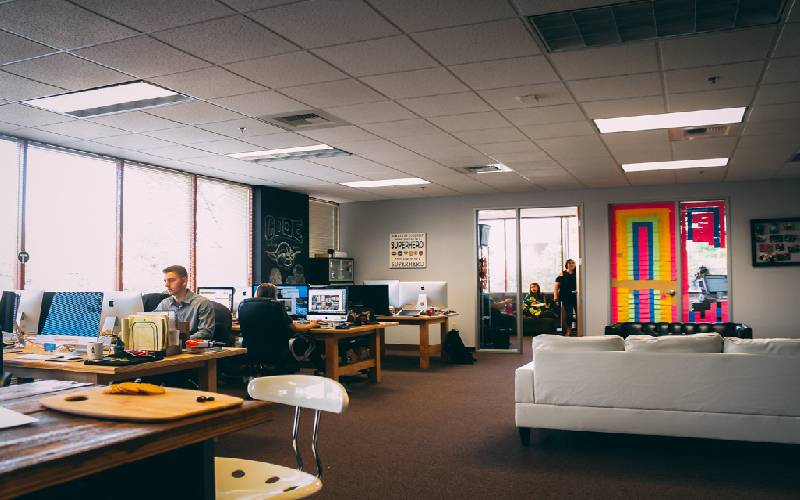×
The Standard e-Paper
Smart Minds Choose Us

“Never reduce your big idea to accommodate somebody’s small thoughts about it,” says Quincy Wandera, founder and co-owner of film production and casting company, iDeas Inc Studios.
When Quincy, 40, formed his company in 2011, he wanted to start a mobile film venture, screening classic movies like Sleepless in Seattle and Sound of Music in open grounds. After a year of consistent losses, he shelved the plan and reverted to his original specialty as a TV producer.